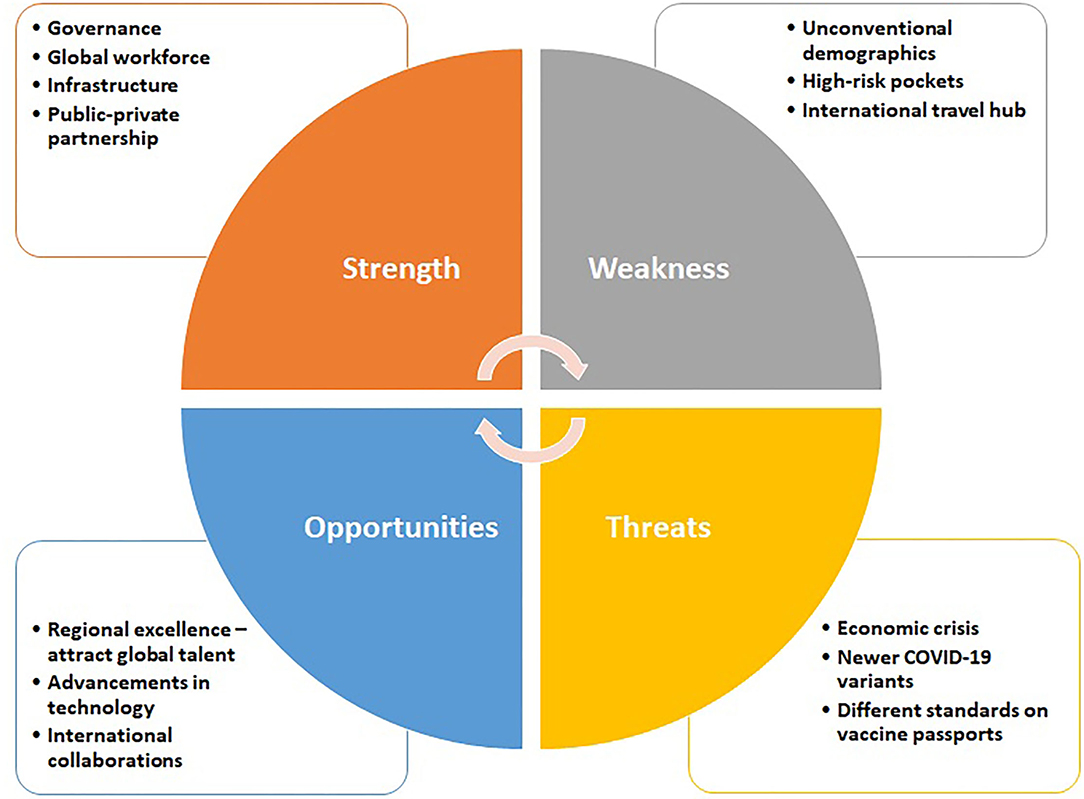

The Imperative of Pandemic Crisis Management
In the face of a global pandemic, effective crisis management is paramount to navigate uncertainties and mitigate the impact on individuals, communities, and organizations. This article explores the essential components and strategies for adeptly managing crises during these challenging times.
Understanding the Dynamic Nature of Pandemic Crises
Pandemic crises are dynamic and multifaceted, requiring a nuanced understanding of their evolving nature. From public health challenges to economic disruptions and social impacts, crisis management must encompass a comprehensive perspective to address the diverse aspects of the crisis.
Developing a Robust Crisis Response Plan
A foundational element of pandemic crisis management is the development of a robust response plan. This plan should outline clear roles and responsibilities, communication protocols, resource allocation strategies, and contingency measures. A well-prepared response plan forms the basis for swift and coordinated actions in times of crisis.
Effective Communication: A Cornerstone of Crisis Management
Communication is central to crisis management, particularly during a pandemic. Timely, transparent, and accurate communication builds trust and ensures that individuals and stakeholders are well-informed. The dissemination of vital information about safety measures, updates, and support resources is crucial for effective crisis response.
Coordination and Collaboration Across Sectors
Pandemic crises necessitate collaboration across various sectors, including healthcare, government, businesses, and communities. Coordinated efforts enhance the efficiency and effectiveness of crisis management. Partnerships between public and private entities, as well as international collaboration, contribute to a more resilient response.
Prioritizing Public Health and Safety Measures
Protecting public health and safety is paramount in pandemic crisis management. Implementing and enforcing measures such as social distancing, testing, contact tracing, and vaccination campaigns are critical components. Prioritizing these measures contributes not only to immediate crisis response but also to long-term resilience.
Addressing Economic Impact Through Strategic Measures
The economic fallout from a pandemic requires strategic measures to alleviate its impact. Governments and organizations may implement stimulus packages, financial support, and economic recovery plans. Balancing the economic considerations with public health priorities is essential for comprehensive crisis management.
Supporting Vulnerable Populations and Communities
Vulnerable populations often bear a disproportionate burden during crises. Crisis management strategies must include targeted support for these communities, addressing their specific needs and challenges. This includes access to healthcare, economic assistance, and social services tailored to vulnerable demographics.
Adapting Technology for Crisis Response
The integration of technology plays a pivotal role in crisis response. From data analytics for informed decision-making to the use of digital platforms for communication and coordination, technology enhances the efficiency and reach of crisis management efforts. Embracing innovation is key in navigating a rapidly evolving crisis landscape.
Evaluating and Learning from Crisis Responses
A critical aspect of crisis management is continuous evaluation and learning. After the initial response, assessing the effectiveness of measures, identifying areas for improvement, and incorporating lessons learned into future crisis plans contribute to adaptive and resilient crisis management.
Pandemic Crisis Management: A Collective Responsibility
In the face of a pandemic crisis, the responsibility for effective management extends to individuals, communities, organizations, and governments alike. A collective commitment to adhering to safety measures, supporting one another, and actively participating in crisis response initiatives is pivotal for overcoming challenges.
Explore More about Pandemic Crisis Management
Stay informed about pandemic crisis management strategies and insights at Pandemic Crisis Management. Together, let us navigate these challenging times with resilience, adaptability, and a shared commitment to overcoming crises.




(501).jpg)



